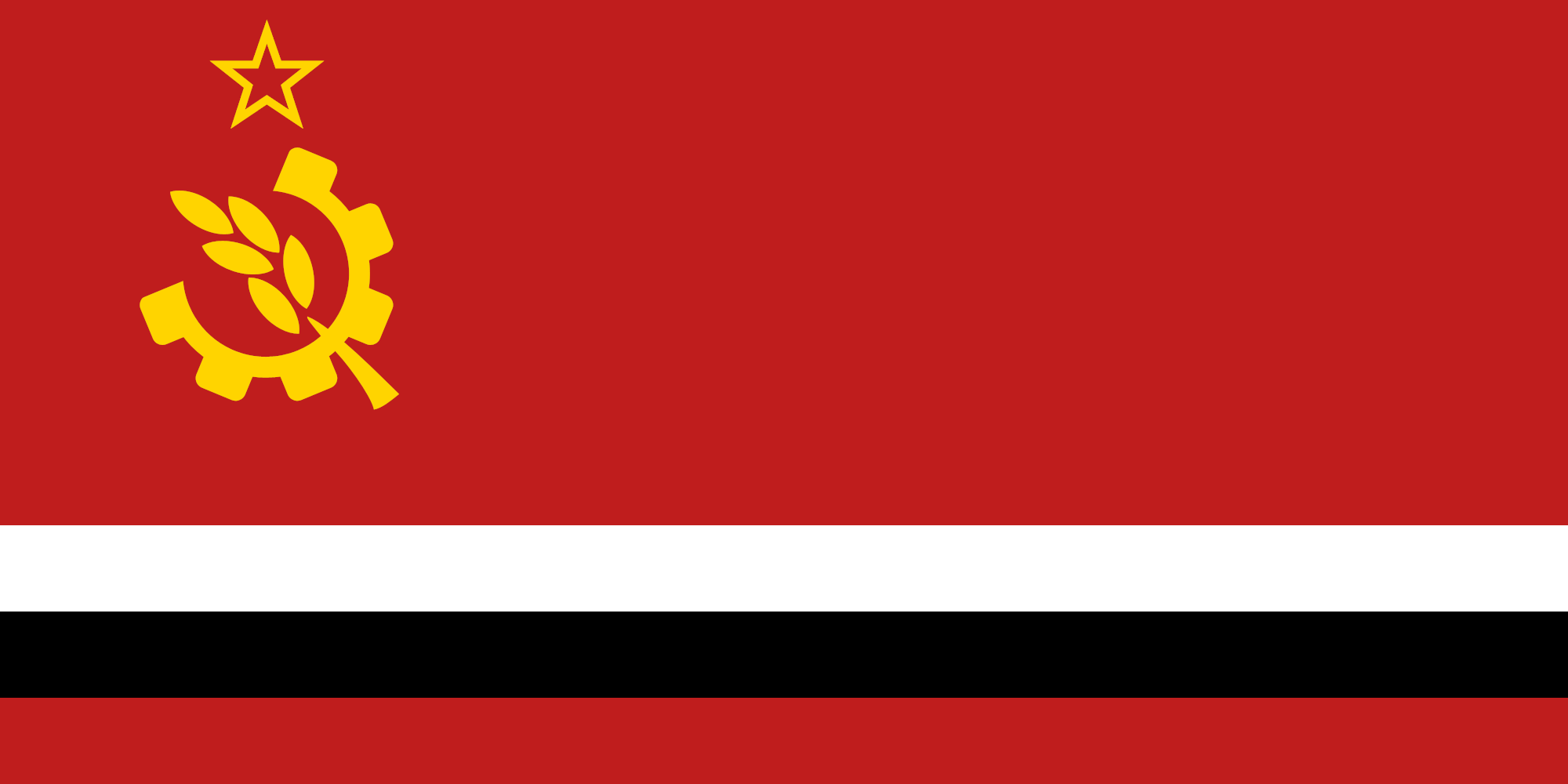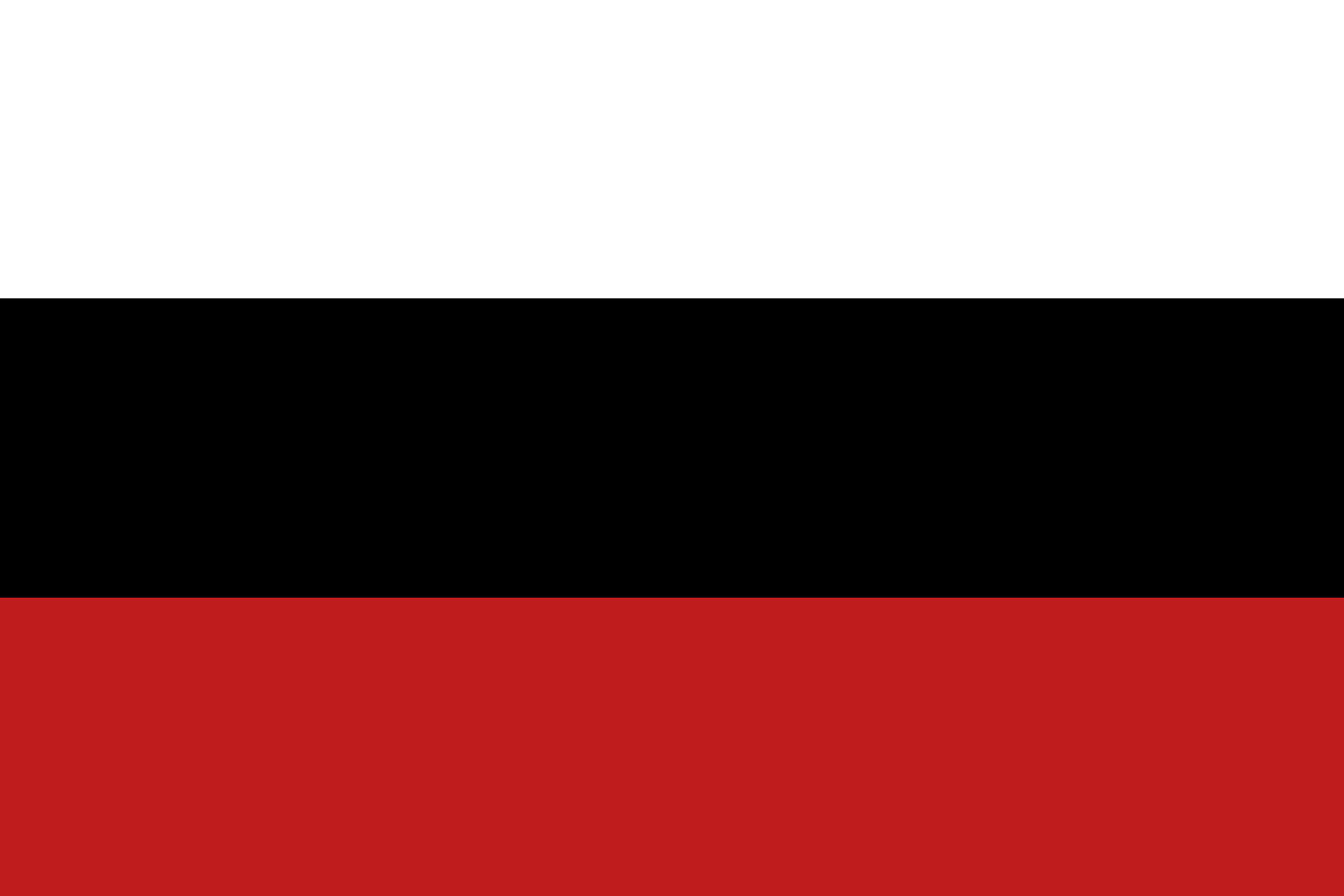This article is currently being worked on, some details may be subject to change. Thank you for your patience!
Belsev

Belsevian Federation (Russian: Белоземская Федерация), also known as Belsev (Russian: Белоземье) and often simply refered to as "The North", is a large country in the north-eastern part of the world, sharing a land border with the Central Continental Economic Union to the west, as well as two narrow maritime boundaries with Astrolibert and Kitshon to the east.
A successor state to the Northern Union (Northern Union of Socialist Nations, Russian: Северный Союз Социалистических Наций), Belsev is the largest country in the world with a long and troubled history. Despite its highly conservative government, often described as authoritarian by the West, it is one of the few countries that still allows the study and practive of magic, most notably housing the Arcane University of Thaumaturgy and Study of Magic, as well as having the largest known reserves of Siberium, a mineral with supernatural properties.
- Contents:
- Geography
- Flag
- Language
- Demographics
- Culture
- History
- Notable Locations
- Characters from Belsev
Geography
Despite Belsev's massive territory, most of its population is concentrated in its larger cities, which are separated by large uninhabited territories with only occasional small towns and villages dotted throughout the landscape.
Most of the terrain is flat with vast fields and forests, as well as numerous long rivers and large deep lakes. Its mountain ranges mostly stretch along the southern and eastern borders. While the western and southern regions have a moderate humid continental climate, the vast majority of the country is in the arctic and subarctic climates, with vast taiga forests throughout most of it and largely uninhabited tundra fields across its northern border.
With the population being spread so thin, this resulted in supernatural phenomena running rampant throughout the country following the Exothaumic Emission Event, though considerable progress has since been made towards making rural areas safe to inhabit once again. This made the country popular with witches and wizards due to its magic potential, especially with Belsev opening its borders after the fall of the Northern Union, and further influencing the government's decision to welcome mages and sorceresses from all over the world.
Flag

Vertical display
Belsev retains its use of the flag of the Northern Union, which is a red banner with an interlaced gear and an ear of wheat, representing proletarian solidarity between agricultural and industrial workers, topped off by a red five-point star bordered in gold, a symbol of the worldwide socialist movement.
Following the collapse of the Northern Union, however, the flag has taken on a different interpretation: the gear represents the future and technological progress, the ear of wheat represents the past and the country's culture and tradition, while the star represents the country's might and, as of recently, its support of magic practices.
Language
The official and national language of Belsev is Belsevian (Russian: Белоземский), which shares most of its grammar, vocabulary and phonetics with our world's Russian language. For the sake of simplicity, the terms "Belsevian" and "Russian" will sometimes be used interchangably within the articles.
The language's original name, Beliy (Russian: Белый) was changed after the socialist revolution and with the following orthography reforms, with intent of simplifying the language for the illiterate masses, as well as to avoid undesirable associations with the opposition movements at the time.
The country's name in Belsevian means "the white land(s)", refering to its vast cold and snowy landscape. Its Merlian name is a warping of the phrase "белый север" (romanized: beliy sever), meaning "the white north".
Demographics
Belsev's population predominantly consists of Northern Lunares (wolves), as well as large populations of Eastern Lunares (foxes), Griffes (bears) and Burdens (livestock animals). As the driving force behind the socialist revolution, they hold the most positions in society, with griffes being common in the military sector, burdens in the agricultural sector, eastern lunares among the intellectuals, and northern lunares as the common middle class. Belsev natives are notable for their rough, sharp appearances with cold colours.
Chasses (cats) historically held noble positions in society until being overthrown during the socialist revolution, though they are still held in high regard by the population and often holding respected positions in modern years.
Clavids (rodents) are practically nonexistant in the region due to historically being persecuted for religious and political reasons. None of the Lapines (rabbits) or Western Lunares (dogs) are native, but have become common immigrant groups in recent years due to outlawing of magic in western countries.
Culture
Much of Belsev's culture was shaped by its harsh climate and its troubled history, resulting in a highly cynical yet at the same time mutually supporting attitude. This was taken even further by the socialist government following the revolution, putting much greater emphasis on cooperation and working together towards a mutual goal.
The vast majority of the population is deeply religious, most common being the worship of the Wise Mother Wolf (Russian: Волчица Всемудрая), a goddess of fertility and their protector, especially by lunares who perceive Her as the mother of their kind. After unsuccessful attempts by the socialist government to eliminate religion and enforce state atheism, they instead chose to reinvent her image as the nation's personification.
The society is historically highly matriarchial as a result, where women with strong and motherly qualities frequently held positions of power, and the role of a mother is deeply revered and respected. Because the vast majority of the population is northern lunares, lupine qualities are held in especially high regard, with long flowing hair and voluminous fluffy tails especially considered a standard of beauty.
History
Before the Revolution

Flag of Belsev before the socialist revolution
Throughout most of its history Belsev was often considered an underdeveloped and rural agrarian country, notable only for its large size and its harsh climate that made it difficult to conquer. While it had a rich culture, most of it would remain unknown to its western neighbours until much later when the ruling class decided to westernize the nation.
While this helped spread Belsevian culture and educate its population, the divide between the ruling class and the working population would only keep increasing, eventually reaching a breaking point.
After numerous economic and social problems, exagerrated by a recent defeat in a global war, protests started breaking out, culminating in an all-out revolution and a following lengthy and bloody civil war. With a charismatic leader in charge and no one left to oppose them, the Red Army would eventually emerge victorious, leading to the creation of the Belsevian Socialist Federative Republic (Russian: Белоземская Социалистическая Федеративная Республика), and eventually to a treaty between it and several neighbouring nations to form the Northern Union of Socialist Nations.
The Northern Union

Flag of BSFR when part of the Northern Union
The newly-born nation soon underwent rapid industrialization and large-scale efforts to improve education and literacy among the population, as well as massive violent and ruthless repression against those opposing the new regime.
A newly emerging and rapidly expanding superpower alarmed the Western world, leading to the creation of the Allied Western Military Coalition to oppose it, and the following Cold War between the two spheres of influence.
Upon reaching a stalemate in the ensuing arms race and varying success in numerous proxy wars, the Northern government began looking for any options to gain the upper hand. Eventually they found records of an unusual material found in the nortnern regions, leading to the discovery of Siberium, a mineral that exhibited supernatural properties under certain conditions. Its research was approved soon after and it became the state's number one priority.
Because magic wasn't widely practiced in Belsev before, all of that research had to be done blindly with a lot of trial and error, leading to numerous accidents and use of convicts as test subjects, any records of which would be immediately classified and then purged soon after.
Decades of research would eventually bear fruit, leading to rapid advancement in technology and deeper understanding of the supernatural. Deceased convicts, originally lured in with promises of being pardoned if they participated, would be embellished as brave volunteers who sacrificed their lives in the name of progress.
While the Astrolibert government was aware of Northern research and would also pursue its own, the ensuing public outcry from multiple disastrous accidents and reports of kidnappings by its intelligence agencies forced Astrolibert to shut down its research and later completely ban any research in the supernatural fields or practice of magic by private individuals, a policy that would later spread to its allies. This further increased the tension between the two superpowers and forced the Western Coalition to pursue its own research in other areas to counteract Northern Siberium research.
This tension would reach its peak with the Southern Belsevian Conflict (Russian: Южно-Белоземский конфликт), when a nationalist opposition group, secretly backed by Western intelligence agencies, declared independence from the Northern Union and began an insurrection within its borders. A several year-long conflict would come to a sudden stop following a global cataclysm later dubbed the Exothaumic Emission Event, which caused supernatural phenomena to run rampant throughout the world and created a massive zone of alienation on the maritime border between the Northern Union and Astrolibert.
The Northern Union was affected especially hard by it due to its geography, forcing it to quickly withdraw from any conflicts and focus on domestic disaster relief. This resulted in more member states declaring independence, angered by the fact that the Northern Union's centralized government prioritized the Belsevian Socialist Federative Republic above all others, effectively resulting in the union's collapse.
The New Belsev

Proposed flag for Belsev
As the government struggled to contain the aftermath of the disaster it began to cut funding to areas that were considered less important, Siberium research being one of them. The following privatization led to widespread corruption and rampant organized crime as the government began selling off whatever assets it could to the highest bidder in an attempt to raise money for the critically important areas.
In the wake of all this, a company by the name of "Hyperborea" (Russian: Гиперборея) emerged, quickly buying up anything previously related to Siberium research. While its sources of money were shady at best, it nonetheless provided research institutes and mining companies with desperately needed funding, resurrecting those previously abandoned fields.
With Elizaveta Mikhaylovna Medvedeva (Russian: Елизавета Михайловна Медведева) becoming the president of Belsev at the turn of the millenium and the following government restructuring, the country finally started getting back on its feet, especially due to her actions to gain control over Belsevian oligarchs.
Because the owner of Hyperborea was a close friend of Medvedeva and because of its contribution to the economy, a deal was arranged where the government would gain half of the company shares, with the remaining half split evenly between the company CEOs, allowing the new government to gain control over it if necessary while at the same time allowing Hyperborea to act above the law within set limits.
Following the deal a proposal was made to start welcoming witches and wizards from across the world in wake of Western governments further increasing restrictions against any practice of magic, with Hyperborea providing something to draw them in. With government approval, a new subsidiary of Hyperborea was created: the Arcane University of Thaumaturgy and Study of Magic.
Nowadays, despite Belsev's attempts to make amends and cooperate with the Western governments, tensions nonetheless remain high as the West fears its old rival regaining its strength.
Notable Locations
Volkograd
Volkograd (Russian: Волкоград) is a town and the administrative center of Volkograd Oblast in northern-central Belsev.
Originally a small closed city for the nearby Siberium mines and its research institute, the town struggled greatly following the collapse of the Northern Union as a result of government funding being cut. What followed however was an unprecedented economic boom following Hyperborea's takeover of the former government facilities, quickly becoming one of the most developed cities in Belsev.
As the largest contributor to the town's (and country's) economy, Hyperborea effectively has a monopoly over the city, with every business in the local area being owned by it in one way or another. Local police, healthcare, emergency and communication services are also predominantly funded by Hyperborea, giving it complete control over them.
Volkograd houses the Hyperborea HQ near the town centre, as well as its subsidiary, the Arcane University of Thaumaturgy and Study of Magic, in the outskirts, along with Siberium-related institutions. The town's name originates from a common naming convention used by the former socialist government of naming places after the people, literally meaning "the wolves' town".
Samotsvetovo
Samotsvetovo (Russian: Самоцветово) is a small village in Volkograd Oblast. While mostly unremarkable by itself, it is nonetheless a popular retirement location due to its picturesque views and general calmness.
The village houses one of the oldest and most well-kept churches of the local religion. Its name originates from little gems that the locals would frequently find in the area, later revealed to be Siberium crystals.
The Zones
(Main article: The Zones)
The Volkograd Oblast Thaumic Exclusion Zone (Russian: Паранормальная зона отчуждения Волкоградской области), frequently refered to by the locals as simply The Zone, is a Thaumic Exclusion Zone that covers most of the local forests to the north and is one of the largest exclusion zones in Belsev.
Due to its proximity both to Hyperborea and the University, it is one of the most researched and well-charted out zones currently known. Because of rampant stalking by the locals, its border areas are generally considered safe and devoid of any valuable artifacts, however it is still illegal to trespass onto without special permission, and what lies in its deeper regions is still currently unknown.
Also notable is the zone on the maritime border between Belsev and Astrolibert, frequently refered to as either The Great Zone (Russian: Большая Зона) in Belsev or Ground Zero in Astrolibert due to its presumed role as the epicentre of the Exothaumic Emission Event. Not much is known about it due to its extremely hostile environment and terrain making research difficult, as well as cutting off any direct contact between Belsev and Astrolibert.